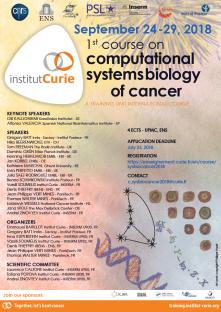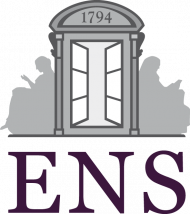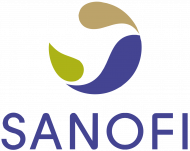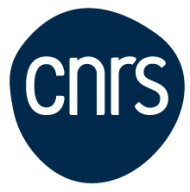The 2024 edition of the Drug Development in Oncology International Course will be co-organized by the D3I Department of Institut Curie and the Oncology Institute of Southern Switzerland.
Training at Institut Curie
Latest news
-
05/30/2024Drug Development in Oncology International Course
-
05/23/2024Advanced Course on Immunity and Cancer Immunotherapy 2024
November 12th - 15th 2024 Fundación Ciencia & Vida, Universidad San Sebastián, Avenida del Condor 720, Huechuraba, Santiago, Chile.








